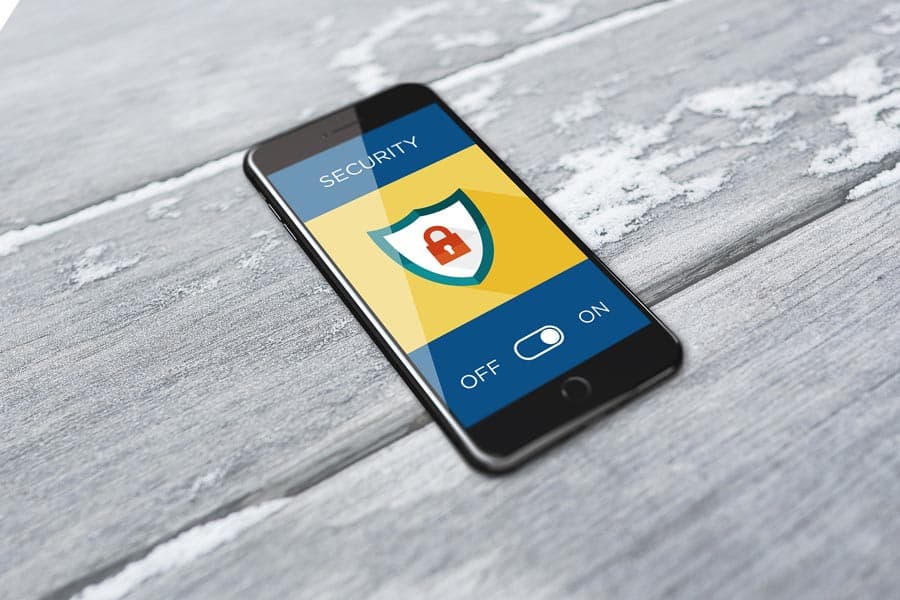How to Avoid Falling Victim to Online Scams During the Holidays

Online shopping is increasingly becoming the default option for many consumers completing their holiday shopping. There are many benefits to online shopping. It’s easy and convenient. During a pandemic, it minimizes exposure risks. However, it comes with some risks, too. The rate of cybercrime has increased by 600% since the onset of the pandemic, meaning that online consumers are at greater risk than ever before of falling victim to online scams. And with most people trying to do a ton of shopping with little free time, it’s the perfect storm allowing hackers and cybercriminals to take advantage.
If you are doing any virtual holiday shopping this year, it’s a great idea to understand how to protect yourself and your finances. The following tips can help you increase your cyber safety and ensure you don’t fall victim to holiday scams.
1. Maintain Cybersecurity Hygiene
Practicing good cyber hygiene means that your accounts and your devices will be more secure. The following recommendations will reduce the risk of falling victim to online scams and minimize the impact if you should suffer from an attack.
- Install antivirus and malware software
- Periodically scan for viruses
- Install firewalls that prevent unauthorized users from accessing your network or devices
- Implement multi factor authentication safeguards on all accounts
- Change passwords regularly using strong password guidelines
- Perform regular updates on devices, operating systems, and apps
These measures are part of routine cyber hygiene. But they can protect from, present, and deflect online criminal activity. Cyber hygiene is a great way to protect yourself from online scams at any time, but especially when we see heightened criminal activity, such as during the holidays.
2. Only Buy from Reputable Vendors
There are a million deals online that seem too good to be true. But we all know the old adage – if something is too good to be true, it probably is. Consumers need to be wary when shopping virtually. You wouldn’t step into a dark, suspicious physical store, so be sure to have your guard up in virtual shops, too. You can check each website to ensure that its URL is legitimate and secure by verifying that the site address starts with https. If you are considering a purchase from a vendor you have not used in the past, it’s worth doing a little research. You can quickly identify legitimate sites from criminal sites by reading reviews from others that have patronized the site. It is best to be cautious when purchasing from other countries, too. These countries may not have the same consumer protections in place.
Along this line, you should also never click on suspicious links or attachments in emails, on websites, or on social media. This is a common strategy for phishing or malware attacks. Once you click, the cybercriminal can gain personal information and use it to access your accounts. It’s good to be familiar with some of the signs or red flags of a scam email before you start holiday shopping.
3. Exercise Caution with Your Financial Data
Before purchasing anything online, be sure to implement as many safeguards as you can related to your financial information. It is never good to wire money directly to the seller or use prepaid gift cards. The use of these gift cards is a common scam where the criminal will steal the funds in the gift card once they have its number and PIN, rather than using the funds for payment for a product.
The best way to shop online is to only purchase from well-established vendors and use a credit card. Many credit cards have protections in place for their cardholders. If a suspicious transaction occurs, your card company will often allow you to dispute the charge, meaning that you won’t automatically lose the funds. You can also regularly review credit card statements for suspicious activity. And after placing an order, you should request the shipping information. A legitimate vendor will not hesitate to provide this information, which allows you to monitor the shipping and delivery process. When possible, request that the package only be delivered when someone is home to receive it. This can present another common criminal activity where thieves steal packages from a physical premise. While there are many dangers with online shopping, some of the threats are still physical.
This year is shaping up to be a big one for virtual shopping. While it is a convenient and safe way to complete your holiday shopping, you must be wary of online scams. If you know what to look for, you can keep your information safe and ensure that you don’t fall victim to cybercriminals.
Sagacent Technologies offers technology management and support, including proactive/preventative maintenance, onsite and offsite data back-ups, network and security audits, mobility solutions, disaster planning, and emergency business resumption services. The company serves clients of 10 to 150 employees within the Silicon Valley region.
